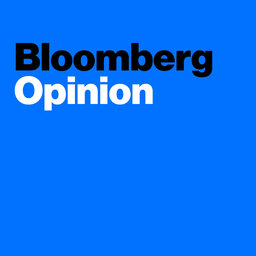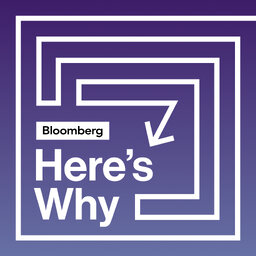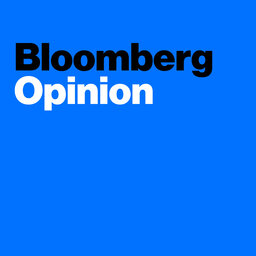Fed Disunity and the Mifepristone Court Battle
Is Fed disunity coming at just the wrong time? Bloomberg Opinion's Jonathan Levin talks about the Fed dissent and how it could affect inflation in the US. Opinion's Lisa Jarvis says the recent ruling on mifepristone is a threat not only to women's health, but also pharmaceutical innovation. Bloomberg Opinion editor Sarah Green Carmichael critiques complicated hiring practices, and columnist Lara Williams offers a warning: flights are about to get a lot more expensive. Amy Morris hosts.
 Bloomberg Opinion
Bloomberg Opinion


